The remarks made by Pope Francis of the Roman Catholic Church on 12 April were ill-informed and unfortunate on many counts.
In attempting to address the tragedy and the suffering witnessed during the events of 1915, Pope Francis chose to focus only on the suffering of the Armenian people, and chose the ignore experiences of Muslims who suffered even more during these events. He thus prioritized the suffering of Christian people over the suffering of Muslim people.
What is noteworthy here is that Armenian people overwhelmingly belong to the Oriental Orthodox denomination of Christianity. They have no bonds with the official hierarchy of the Roman Catholic Church in any way. In essence, Pope Francis has adopted the narrative put forth by the followers of another Christian denomination without question simply because they are Christians. It can be construed that the underlying mentality here is one of Christian solidarity against Muslim people.
This is completely contradictory to the inter-faith dialogue initiated by his predecessors and one which is supposed to be have been reaffirmed by Pope Francis himself. Yet in the context of his 12 April remarks, Pope Francis has failed to behave as a moderate Holy Father espousing universal love and understanding. Instead of building upon inter-faith dialogue, Pope Francis’ remarks unfortunately serve to fuel further friction and conflict between Christians and Muslims.
When analyzed, it is apparent that Pope Francis attempted to use a diplomatic language during his remarks. He did not personally refer to the events of 1915 as the “Armenian genocide”. He instead used the following sentence: “This faith also accompanied and sustained your people [Armenians] during the tragic experience one hundred years ago ‘in what is generally referred to as the first genocide of the twentieth century’”. However, when looking at his remarks as a whole, it is also apparent that the intention was to place Armenian narratives on the events of 1915 at the forefront, and portray them as if they are established facts.
It must be remembered that “genocide” is a strictly defined legal term. Only a court as defined by the “Convention on the Prevention and the Punishment of the Crime of Genocide” (1948) is competent to decide whether an event constitutes genocide or not. “Genocide” was not meant to be carelessly thrown around by people who do not have a proper understanding of what this legal term actually means. In his remarks, Pope Francis equated the events of 1915 with Nazism and Stalinism (even though they are completely different events), and referred to events in Rwanda and Srebrenica simply as “mass killings” (even though competent courts have judged them to be genocides). Pope Francis has also indicated that Assyrians and [Pontic] Greeks suffered the same as the Armenians (even though claims of “Assyrian and Pontic Greek genocides” are equally uncorroborated and less circulated than the claims about the “Armenian genocide”). With such remarks, Pope Francis has demonstrated that he does not have a proper understanding what genocide connotes, which has led him to confuse what is categorically justice and legality, and what is categorically propaganda. He has opted to take side on the part of the latter.
In the context of the events of 1915, examination based on a legal perspective indicates that these events cannot be legally considered to have constituted a genocide. Furthermore, historical research based on archival documents indicate that what transpired during the events of 1915 were not congruent with the legal definition of the “genocide” term. Armenians and their supporters are well aware that the narrative they put forth is not conforming to legal and historical facts. It is for this reason that they constantly aim to drag the dispute over the events of 1915 into the political arena. They engage in lobbying to secure the passage of resolutions in various countries’ parliaments and to make sure that their narrative is voiced by important international figures. Pope Francis is one such important international figure, and he has allowed himself to be dragged into such political ploys. Yet through his remarks, he has also dragged religion into the mix as well. His remarks have turned religious sentiments into a tool for propaganda. In fact, religious solidarity is the only available option left for coming to the support of Armenians, in view of the total collapse of the historical and legal legs of their propaganda.
What we see here then, is an attempt to balance the Armenian narrative’s legal and historical weakness with political lobbying and religious propaganda. Such attempts only serve to turn the dispute over the events of 1915 into an intractable conflict. Instead of clarifying the content of the dispute, they only serve to muddy it up even further, transforming it from a political controversy into one of religious fanaticism. It is sad to see the Vatican also playing to this tune.
© 2009-2025 Center for Eurasian Studies (AVİM) All Rights Reserved

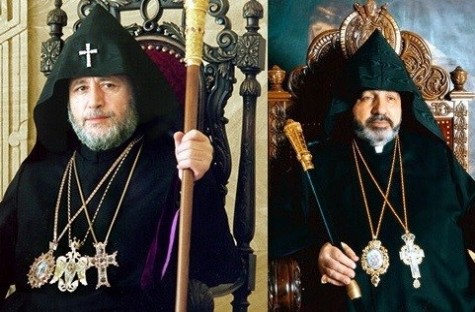 CATHOLICOS KAREKIN II-PATRIARCH MANOUGIAN DISPUTE, AND THE 2015 ENCYCLICAL
CATHOLICOS KAREKIN II-PATRIARCH MANOUGIAN DISPUTE, AND THE 2015 ENCYCLICAL
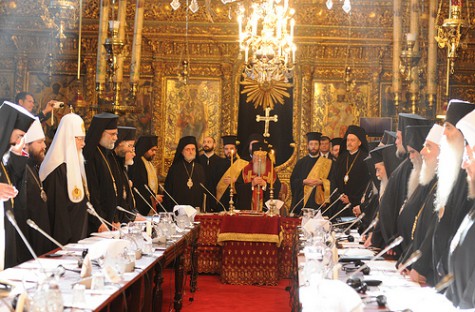 ORTHODOX COUNCIL TO MEET AFTER 1200 YEARS
ORTHODOX COUNCIL TO MEET AFTER 1200 YEARS
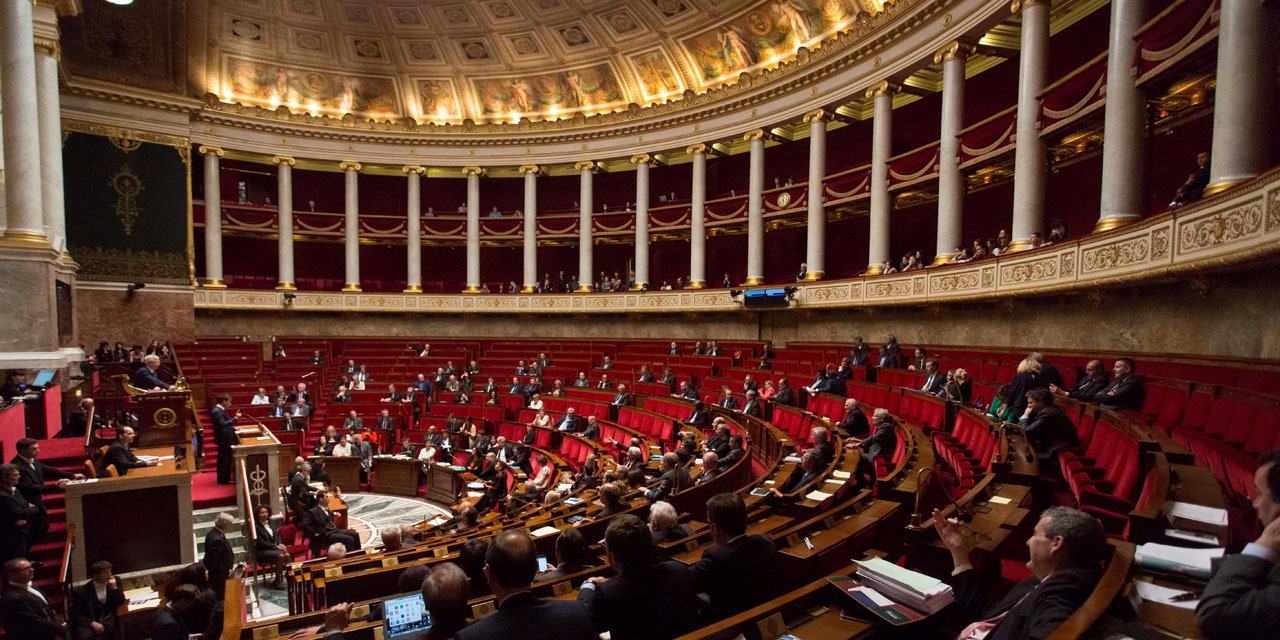 THE FRENCH BILL OF JULY 1 AND ITS IMPLICATONS
THE FRENCH BILL OF JULY 1 AND ITS IMPLICATONS
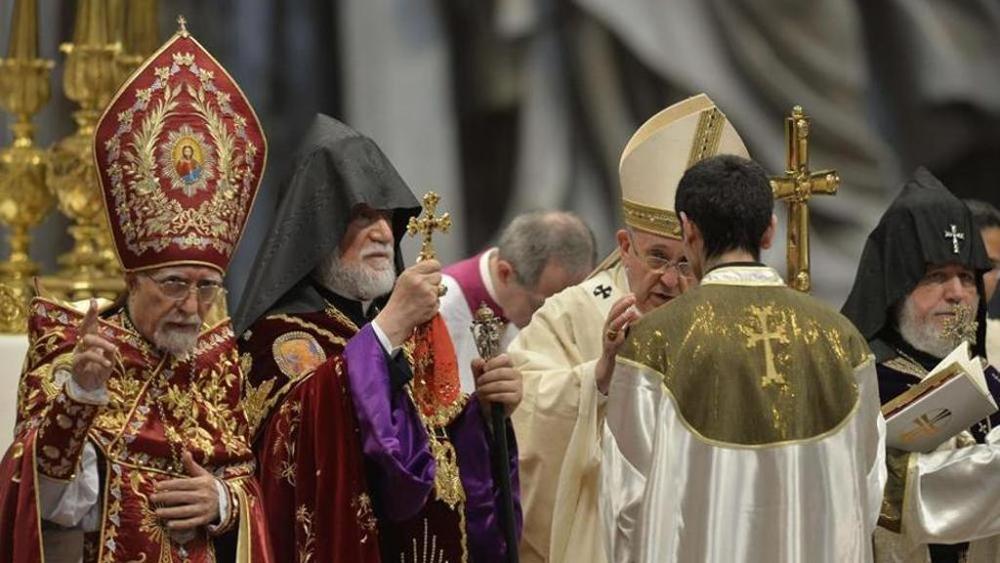 POPE FRANCIS’ OFFICIAL VISIT TO ARMENIA
POPE FRANCIS’ OFFICIAL VISIT TO ARMENIA
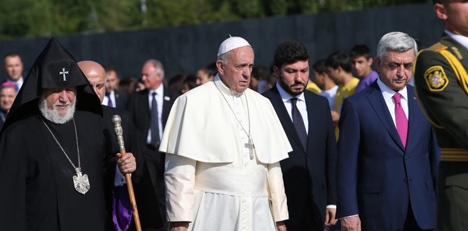 POPE FRANCIS’ PUSH FOR ECUMENISM
POPE FRANCIS’ PUSH FOR ECUMENISM
 THERE ARE JUDGES IN STRASBOURG
THERE ARE JUDGES IN STRASBOURG
 UNDERSTANDING NAGORNO-KARABAKH DESPITE THE BIASED MANNER OF THE WESTERN MEDIA
UNDERSTANDING NAGORNO-KARABAKH DESPITE THE BIASED MANNER OF THE WESTERN MEDIA
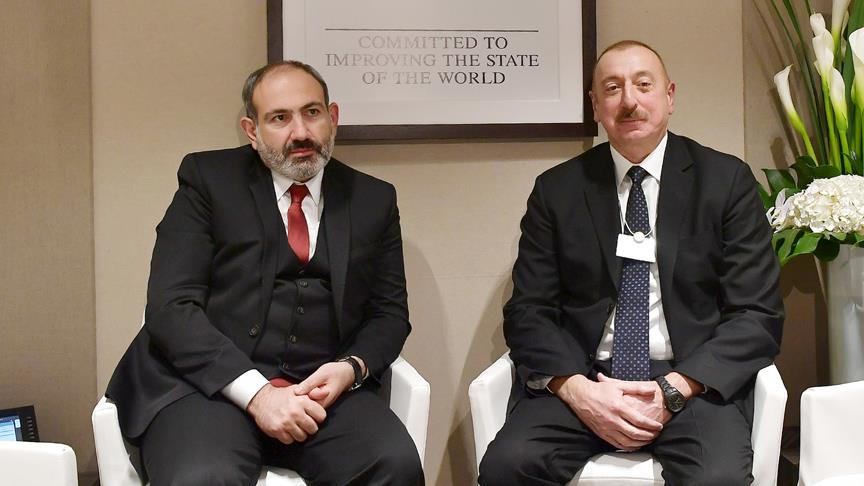 AZERBAIJAN-ARMENIA PEACE NEEDS STRATEGIC OUTLOOK AND PRAGMATIC STEPS
AZERBAIJAN-ARMENIA PEACE NEEDS STRATEGIC OUTLOOK AND PRAGMATIC STEPS
“GENOCIDE” LAW IN GREECE




























